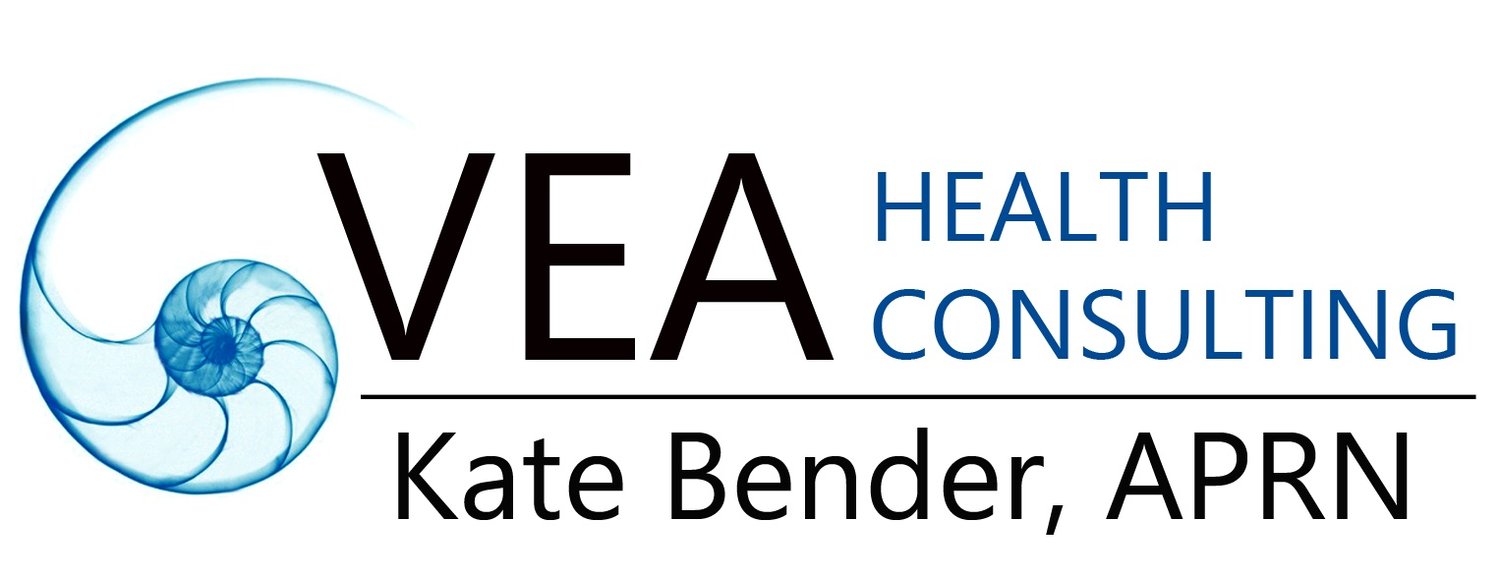Eating Disorders – aka “ED”
As a little girl, I discovered compulsive binging, restricting, and not eating gave me emotional and mental power. By 12 years old, I found bulimia. I found my calling as an RN in my early 20’s. Without healthy coping skills I could not depend on myself to handle the intense stressful days. I called on ED. At age 27 I saw ED for what it was. A disease. This revelation began intensive outpatient therapy at The Renfrew Center for 2 months.
Only ONE person in my life knew. I kept it secret from all my friends, coworkers, and family. I come from a large Italian family, so you may wonder, “how did no one notice?” When a person has something to hide, they’ll hide it and hide it well. At age 31, I became a momma of twins. Soon I realized over exercising quelled my compulsive food behaviors, secret angst, depression, PTSD, and anxiety. I thought I was recovered since I wasn’t in the food. Over exercising is a form of bulimia. I was ill. Now, I see that.
Disordered eating takes on many forms. My journey is likely totally different from another’s journey; however, the disease is the same. How many of us repeatedly yo-yo with our weight? How many of us tried every diet out there to eventually find ourselves in the food again? Can anyone relate with strict dieting and after time find yourself eating large amounts of food quickly only to gain back all the weight lost?
It is not about the food. The food is a symptom of a bigger problem. Maybe it’s that we have a distorted view of our bodies (Body Dysmorphia). Maybe parts of our lives are out of control, so we control food. Maybe we are looking for a “quick fix” for weight loss. Maybe we grew up in dysfunction and/or abuse. Take an honest look at yourself and your food. Does anything jump out? If so, look deeper inside you. The answer is there though you may need help or support to see it.
I just turned 43, and I still struggle. I am on a journey of healing because I was finally honest with myself. It isn’t puppy dogs and rainbows. It hurts. It’s really hard. However, it is a path to freedom. I have found this truth in ACA (Adult Children of Alcoholics/Dysfunctional Families) and OA (Overeaters Anonymous).
The shame we feel is beyond what people think. It’s not about will power or weakness. Disordered eaters have intense will-power and strength. This is a disease. We feel alone. We are not. You are not alone.
Please reach out to your primary care provider or a mental health specialist if you think you have an eating disorder, or if you feel someone you love, especially your child, may have an eating disorder. If you don’t find answers there, look for someone else like a therapist who specializes in addictions or work with a health advocate to support you in finding the resources you need.
Resources:

